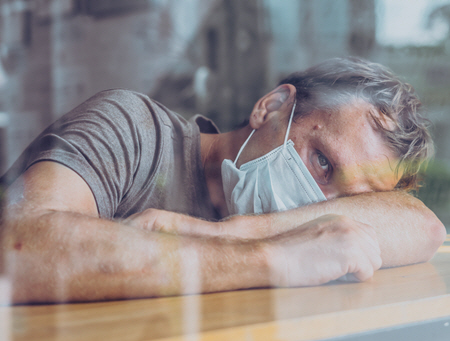 Stress is part of life but…
Stress is part of life but…
Some people rebound from stress effortlessly, some stumble psychologically but then recover, and yet others fall and never recover. At some point in your life, you will experience stress, but our responses differ from person to person.
Stress is a state in which a person becomes unable to cope with the demands placed upon him. Stressors can be daily and chronic.
The cumulative effect of these chronic, daily stressors affects both our mental and physical health.
Survival skills alone are no guarantee.
Some stressors are uncontrollable or unpredictable events that alter an individual’s normal reaction to everyday stress. The stress response is a normal, necessary reaction to the positive or negative demands and life changes.
While you cannot choose what life throws at you, you have a say in how you rebound from and resist stress.
Each person possesses unique abilities and inner strengths of mind and character to respond to adversity. We are born with these survival skills.
However, sometimes the same skills that helped us overcome adversity at one point reach an expiration date, and they are no longer useful.
 People respond differently to stress.
People respond differently to stress.
It is important to remember that people show stress in different ways. For example, after being exposed to an overwhelming event or a series of stressful events, one person might develop PTSD, while another might develop depression or anxiety or have suicidal thoughts.
Some people might experience two or more stress-related conditions at the same time or at different times. Yet others might continue to function reasonably well despite being troubled by agitation or fatigue from troubled sleep – even in the absence of a psychological diagnosis.
It is important to note that stress-related conditions (like those mentioned above) share many common risk factors, such as low self-esteem, unresolved emotions, or heightened physical stress levels.
Resilience is about mastery and growth.
Even though stress plays a role in initiating, maintaining, and worsening psychological conditions or stress-related health conditions, building resilience effectively helps you deal with them.
Resilience helps us thrive mentally, emotionally, physically, socially, and spiritually – and function at our best, especially during hard times.
Therapy helps optimize resilience, mental fitness, and functioning in various areas of life. It also allows you to recover faster and more quickly from stress.
 Therapy helps if you…
Therapy helps if you…
…are recovering from a stress-related condition, have survived or are likely to face potentially overwhelming stress, have experienced or are at risk for any of the many stress-related medical conditions, or want to move beyond recovery and thrive.
Therapy helps relieve stress and anxiety for military professionals, police officers, or other first responders.
Mental health professionals, chaplains, trainers, parents, leaders, or educators also benefit from therapy.
Recovery from stress and anxiety is possible.
Therapy helps you build resilience. With therapy, you will gain autonomy, feel calm under pressure, increase self-esteem, enhance optimism, achieve happiness and emotional intelligence, attain meaning and purpose, find humor, explore curiosity, and develop healthy habits.
Let me help you overcome events that create stress and anxiety in your life.
Resilience takes courage. Contact me today!
*Names of people do not represent clients.

